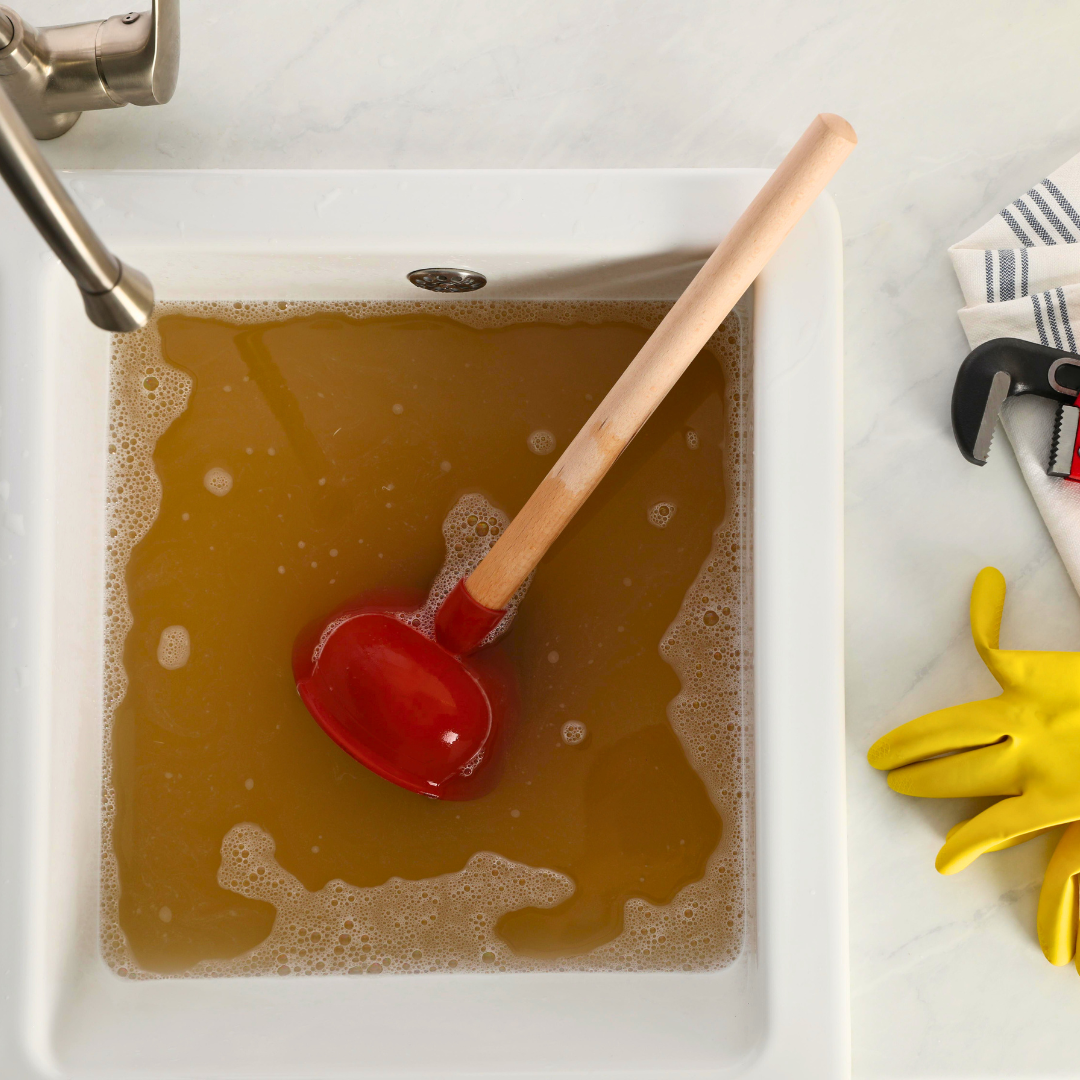Want to avoid costly and messy sewer backups at your home?

Every time you flush the toilet, shower, or wash the dishes, you send wastewater down the drain and into the sewer system. Putting the wrong items into the sewer system can create plumbing issues like sewer blockages and backups.
A sewer backup can turn your home into a smelly, messy disaster, leaving you with unexpected repair bills and the stress of cleaning up. It's a major hassle no one wants to deal with, and the bad odours can linger for a long time. Plus, the financial hit can take you by surprise, adding to the headache of getting everything back to normal.
Big picture, we're talking about the integrity of the City's sewer system and keeping utility costs down by addressing these preventable pipe repairs and reducing the extra work needed to clean wastewater at the treatment plant.
A sewer backup isn't just an inconvenience—it can create a serious health risk. Contaminated water can bring harmful bacteria and viruses into your home, leading to infections and respiratory issues. On top of that, when untreated sewage seeps into the environment, it can pollute local waterways, harm wildlife, and disrupt ecosystems, making it a concern for your family and your community.
All this to say that one individual simple action can have a huge impact on your health, your home and our environment.
The best way to prevent sewer backups is to follow proper disposal practices in the kitchen and bathroom. Before pouring anything down the sink or tossing items into the toilet, ask yourself: Can I pour this down the sink? Can I flush this?
Here is what you need to know:
It's simple - you can only flush the 3"P"s: pee, poo and toilet paper.
You can't flush: All types of wipes (even when they say "flushable"), paper towels, menstrual products (tampons and pads), dental floss, hair, condoms, cotton swabs/Q-tips and any food waste. Dispose of them in the garbage.
In the kitchen, don't pour FOGs (grease, oil, or fats) down the drain. You might think it's okay because it's liquid when hot, but when cooled, it will solidify in pipes, creating severe blockages over time. Scrape FOGs or wipe them out with a paper towel and put them into your Green Bin. You can use a variety of containers, such as aluminum foil trays, plastic food containers, old jars and paper cups, to collect the FOGs and then put the garbage.
Consider using a FOG cup! These biodegradable cups are convenient for collecting and storing fats, oils, and greases. They break down naturally, reducing landfill waste and supporting sustainability, all while preventing your drains from getting clogged.
Get your free FOG cup (up to three per household) at:
- City Hall, 216 Ontario St., Payment Centre: Monday to Friday, 8 a.m. to 5 p.m.
- Utilities Kingston Main Office, 85 Lappan's Lane: Monday to Friday, 8 a.m. to 4:30 p.m.
- Kingston Area Recycling Center, 196 Lappan's Lane: Monday to Friday, 8 a.m. to 5 p.m.; Saturday, 8 a.m. to 4 p.m.
- Kingston Fire & Rescue Headquarters, 500 O'Connor Dr.: Monday to Friday, 8 a.m. to 5 p.m.
Be mindful of what you put down the drain and how it can affect not just your home but the entire community.
Discover more tips for keeping your pipes clear and your home safe. You can also check the City's What goes Where tool to learn how to get rid of waste properly.